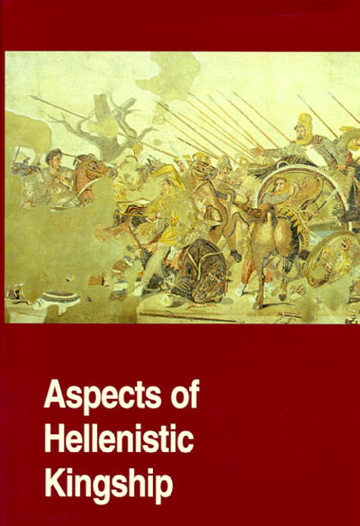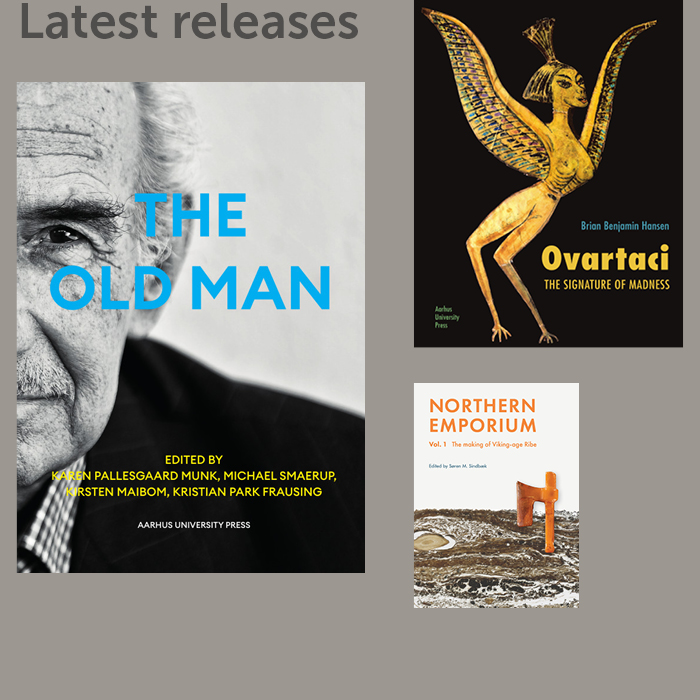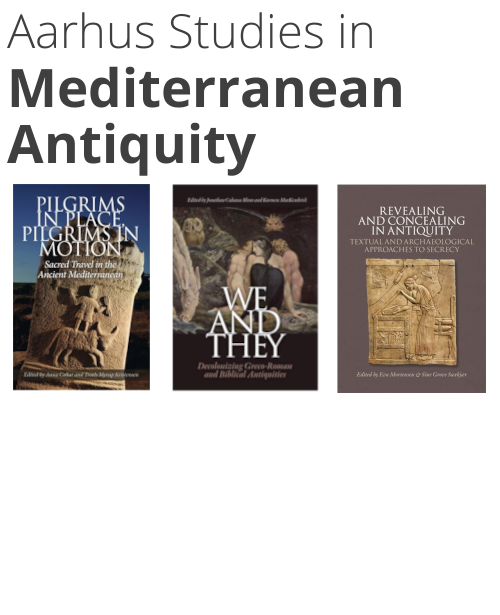
Aspects of Hellenistic Kingship
A part of the subject area Classical studies
Out of stock
Edited by
Per Bilde,
Troels Engberg-Pedersen,
Lise Hannestad and
Jan Zahle
With contributions by
Robert Fleischer,
Erich S. Gruen,
Lise Hannestad,
Amélie Kuhrt,
Oswyn Murray and
Josef Wiesehofer
More about the book
About the book
Kingship was probably the most important institution in the
Hellenistic world. The enormous territories conquered by Alexander
the Great were not organized as democratic republics or a Greek
type of "tyranny", but as monarchies inspired by the Macedonian
kingdom and the Persian Empire.
In fact, the idea of kingship was, so to speak, contagious in the
Hellenistic era, and the proclamation of a king was the simplest
way of establishing sovereignty. This monarchical legacy was
eventually taken over by the Roman Empire, from where it was
transferred to mediaeval Europe. This volume focuses on the
symbolic aspects of the Hellenistic monarchies: what were the
values and ideals of these kingdoms? Were they identical, or were
there regional differences?
Table of contents
AbbreviationsIntroduction
Oswin Murray: Hellenistic Royal Symposia
Robert Fleischer: Hellenistic Royal Iconography on Coins
Amélie Kuhrt: The Seleucid Kings and Babylonia: New Perspectives on the Seleucid Realm in the East
Josef Wiesehöfer: "King of Kings" and "Philhellên:" Kingship in Arsacid Iran
Lise Hannestad: "This Contributes in no small way to one's Reputation:" The Bithynian Kings and Greek Culture
Tessa Rajak: Hasmonean Kingship and the Invention of Tradition
Erich S. Gruen: Hellenistic Kingship: Puzzles, Problems, and Possibilities
Bibliography
Index of Persons
Index of Modern Authors
Geographical Index
Index Locorum
Press reviews
Johan C. Thom, Religious Studies Review
"The various essays highlight the complexities involved in studying Hellenistic kingship rather than offer simplistic solutions, and thus open up new avenues for research. The volume belongs in every serious research library."




